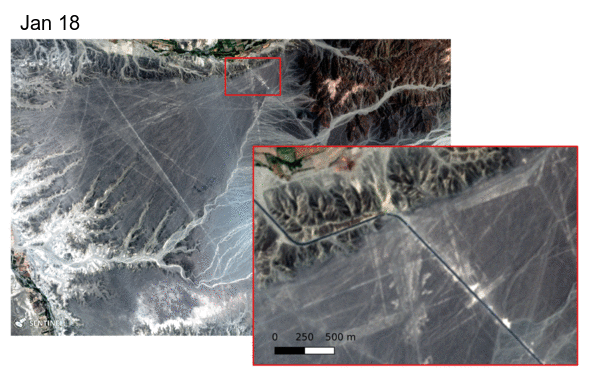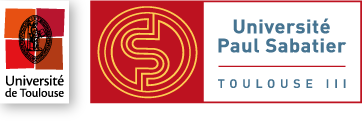Users of THEIA Sentinel2 products are welcome in Toulouse, 13-14th June 2018
This is Toulouse in mid-June last year. Isn’t that a nice place and time to gather the users of Sentinel-2 products delivered by Theia ?CNES and THEIA are very happy to invite you to provide your feedback on the Sentinel-2 products we have been delivering for more than one year, thanks to the MUSCATE ground segment and the MAJA processor. All users of MACCS/MAJA procesor and of THEIA products are welcome to tell us their findings, suggestions, and share experiences on methods, applications, and results. We will also provide an update about the processing perspectives, validation results, description of new versions, and you will have the opportunity to influence us on the related choices. Please register and send your abstract to the workshop site. Here are the important dates to remember :
- abstract submission deadline : March the 8th.
- registration deadline : June the 3rd (we only have 100 seats, so please register quickly)
- workshop dates 13-14th June 2018









